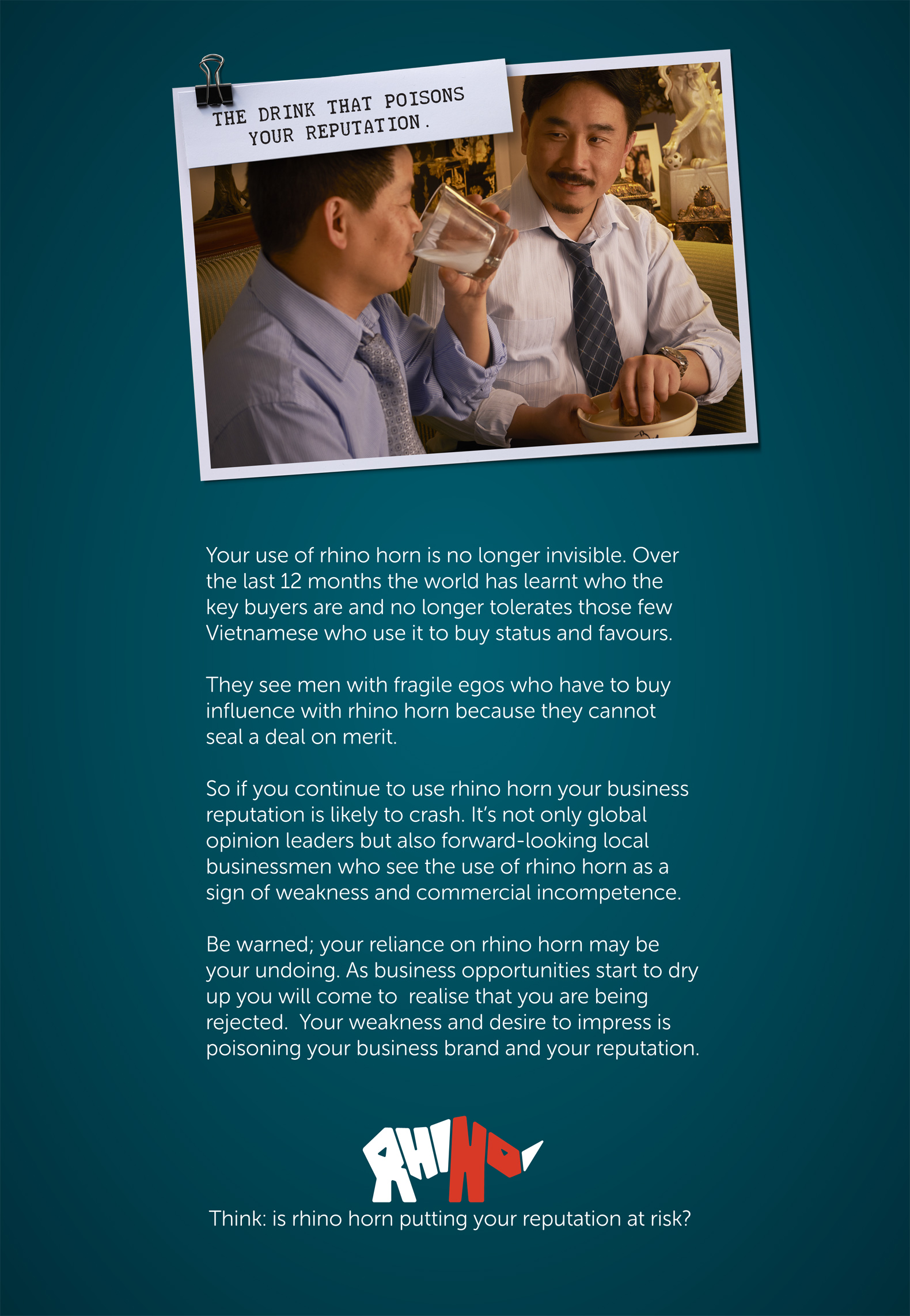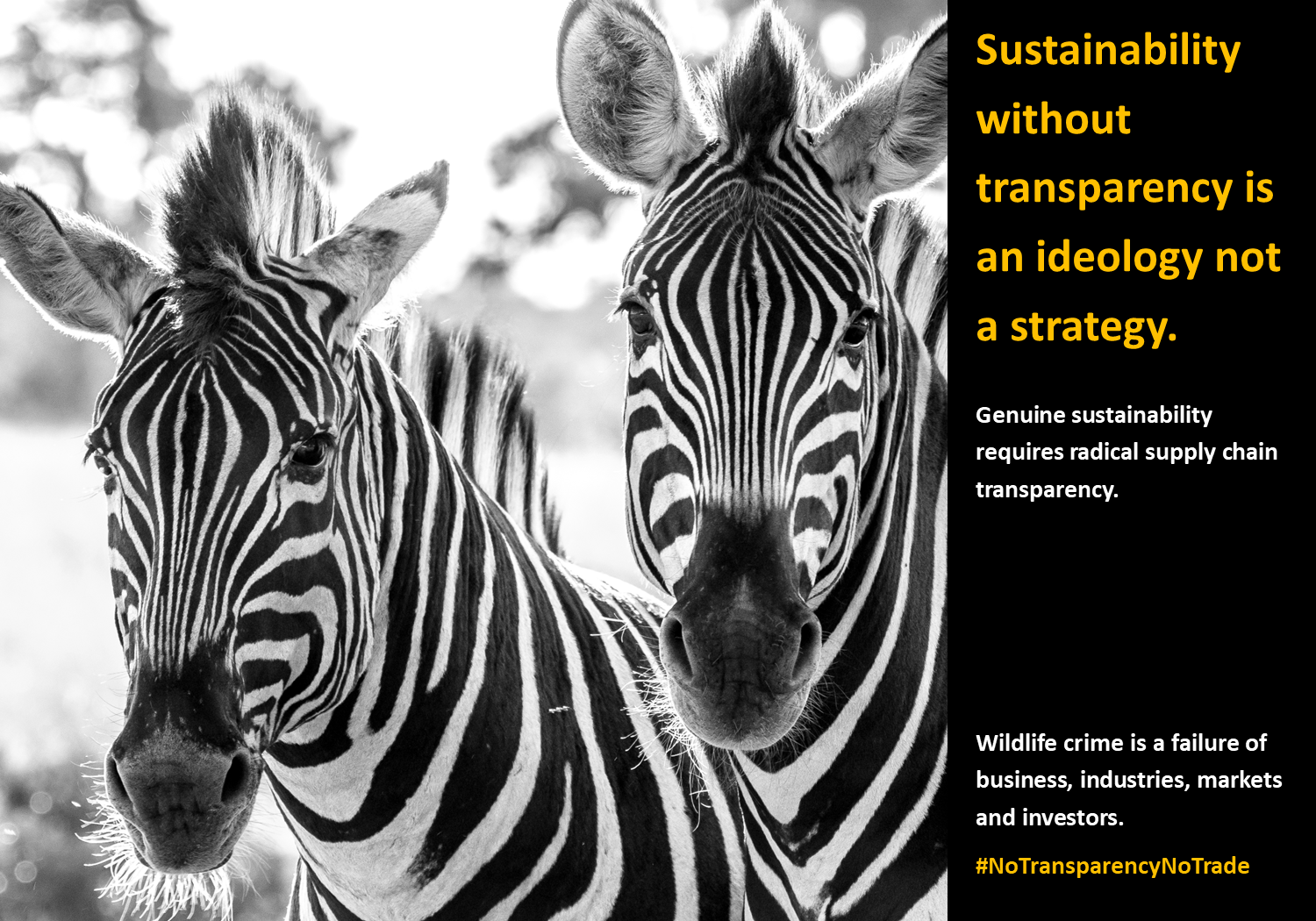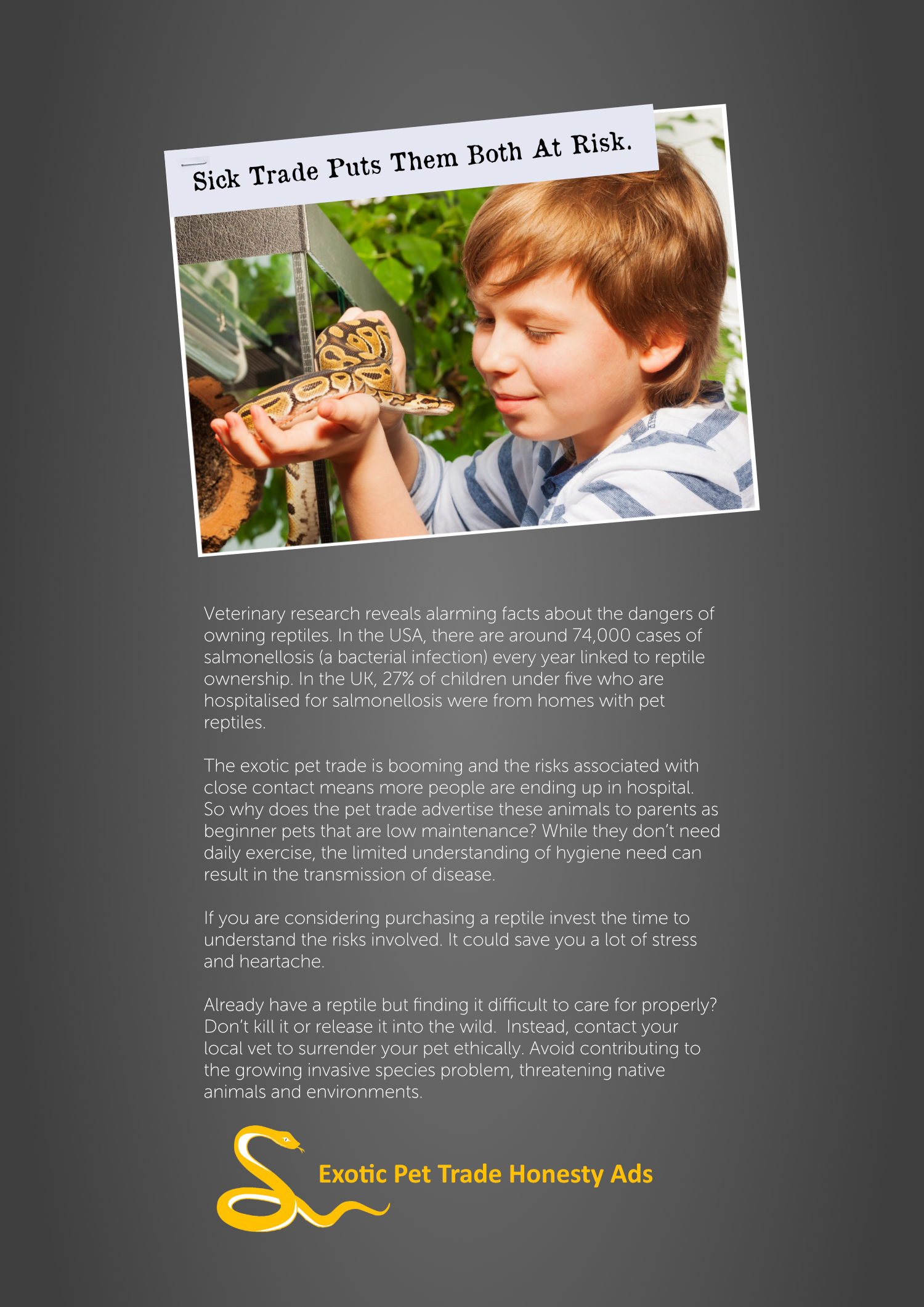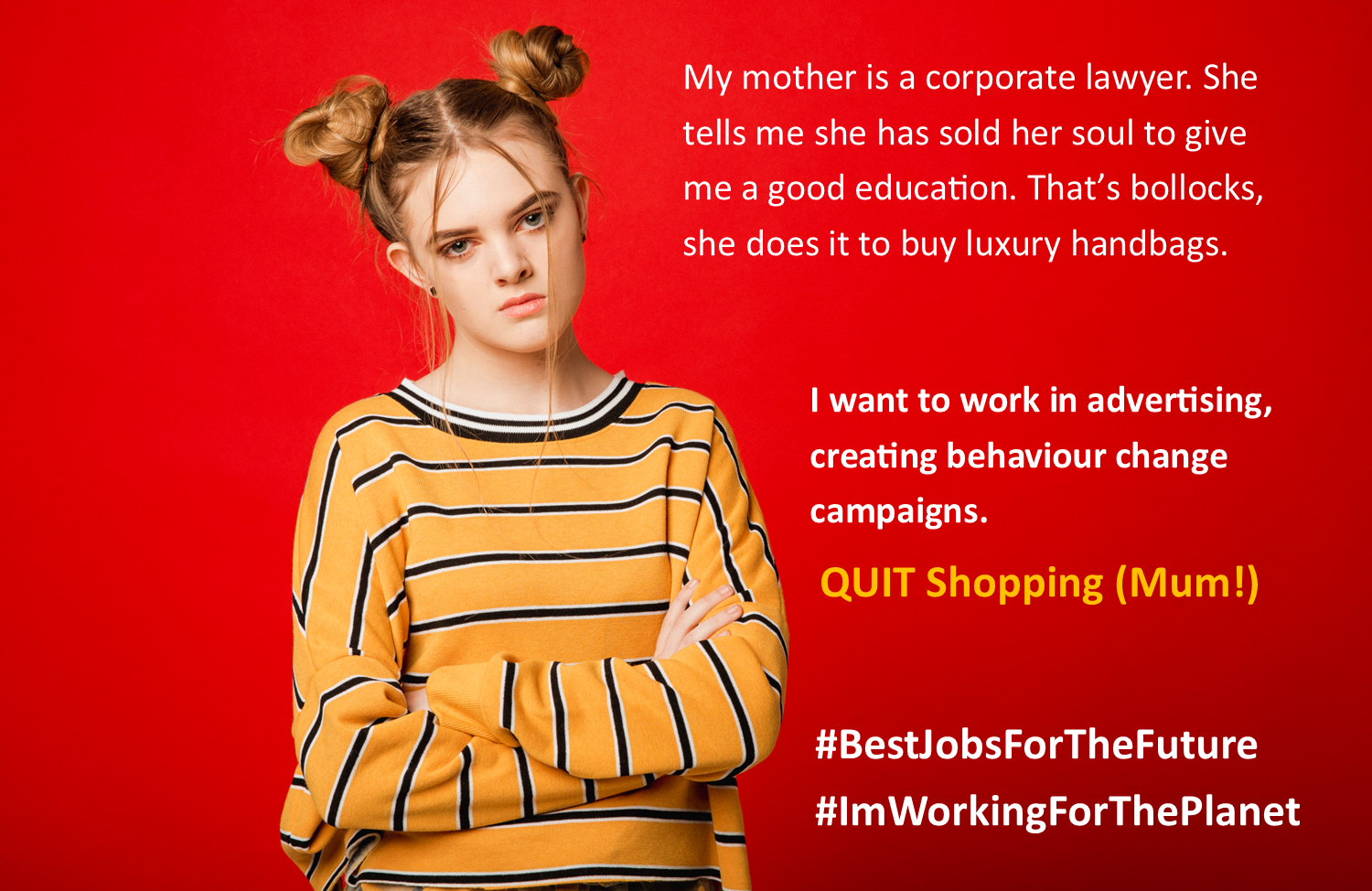Nature Needs More designs strategies and campaigns to drive behaviour change in specific consumer groups, business sectors and on government policies. For conservation to be successful on the scale we need, we have to take account of the power of human behaviour. By incorporating behavioural economics and social psychology into conservation strategies, we not only get a better understanding of how people change their mind, but we can proactively steer behaviour change to support different choices.
Only by understanding the effects of social, cognitive and emotional factors on the decision’s individuals, organisations and governments make will we have the ability to influence and shape them. We must put ourselves in their shoes, not simply demand they listen to our opinions. By delivering a message in a currency that the other party relates to, even if it does seem distasteful to us, we can start, re-start or change the conversation. This can lead to behaviour change in a range of decision making.
Wildlife Trade Honesty Ads
(Truth telling not just storytelling)
(Truth telling not just storytelling)
A 2020 publication, Animal Traffic, Lively Capital in the Global Exotic Pet Trade, highlighted that mortality rates are estimated to be as high as 70%, saying “For every ten birds or reptiles captured in the wild, as few as three actually make it to the pet store”, and continued, “The chances of a new exotic pet living through its first year after purchase is just over 20 percent”.
While these figures would seem sufficiently tragic to make consumers think again when considering buying exotic pets, this isn’t necessary the case. A 2016 consumer research and survey [37] of people in the market for an exotic pet confirmed that consumers cannot be dissuaded from their purchase by being educated about the species being threatened by trade or knowing the animals are likely to suffer at all stages of the supply chain. Those surveyed for research said, “Even if the animals were endangered or were going to suffer while being caught and transported, they’d buy them anyway”.
Based on our learning from the Breaking The Brand, rhino horn, campaigns, Nature Needs More has created the Wildlife Trade Honesty Ads campaign.
Best Jobs
(for the future)
(for the future)
What will professional life look like in tomorrow’s world? What type of jobs will the participants of School Strike For Climate and Fridays for the Future want? Many already know that they will need to work to clean up the mess left by their parents and grandparents’ generations.
Breaking The Brand
(to stop the demand)
(to stop the demand)
Breaking The Brand (BTB) was launched in early 2013 and began researching and interviewing the primary users of rhino horn in Viet Nam. The user interviews highlighted that there were only two motivations to stop using rhino horn:
One: Health Anxiety: If using negatively impacts my health, or the health of someone I care about (family) or want to influence (business peer group),
Two: Status Anxiety: If using negatively impacts my status with my peer group or the group I aspire to be a part of.
With the help of our supporters, Breaking The Brand raised the funds to launch a pilot RhiNo Campaign: Is it worth the risk? which was launched on the 15th September 2014. Since then we have run several campaigns.


No Transparency – No Trade
(Wildlife crime is a failure of business and investors)
Failure of supply chain management, enabling industrial scale wildlife and timber crime, represents a failure of business, industry, markets and investors. It is time to demand that all businesses, including personal luxury (clothing, accessories, Jewellery, beauty, wellbeing etc), high-end furniture and housewares, luxury hospitality, fine dining and gourmet food and the exotic pet industry, involved in the trade in endangered and exotic species get serious about sustainability.
Extinction
(The vulgarity of desire)
Extinction: The Vulgarity of Desire is a series of events, activities, reports and campaigns dedicated to increasing the understanding of the critical impact on the natural world of the destructive pseudo-luxury market.
In November 2018, this campaign was launched with a month long exhibition. For the event, staged in Venice, Nature Needs More presented how desire is driving extinction. This includes the desire to supply, as well as the desire to consume.
As a species becomes rare, then sadly as a result it becomes valuable. Some of the most endangered species in the world are legally traded in the most lucrative and exclusive industries. Endangered species contribute to the mindboggling value of the luxury market.
Interrogating the legal trade in wildlife used in the luxury sector is long overdue.

I Am A Cathedral
In April 2019, tragically a fire broke out gutting the magnificent Notre Dame Cathedral in Paris. Just three of the world’s largest luxury conglomerates – Kering, LVMH and L’Oréal – pledged a combined €500 million to the rebuilding of the cathedral.
Whilst in no way criticising the pledge to support Notre Dame, Nature Needs More has to ask, if these three luxury conglomerates alone can pledge a combined €500 million in a matter of days, why haven’t they pledged the €27.5 million (US$30million) to roll out the CITES ePermit globally in the nearly 10 years it has been available?

The Animals Campaign
(They are other nations)
It was the development of The Animals Campaign in November 2016 that first provided the phrase ‘Nature Needs More’ which inspired us to create an organisation of the same name. This campaign was inspired by the words of Henry Beston, writer and pioneer of the modern environmental movement, who said, “The creatures with whom we share the planet and whom, in our arrogance, we wrongly patronize for being lesser forms, they are not brethren, they are not underlings, they are other nations, caught with ourselves in the net of life and time, fellow prisoners of the splendour and travail of the Earth”.



